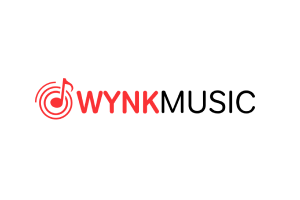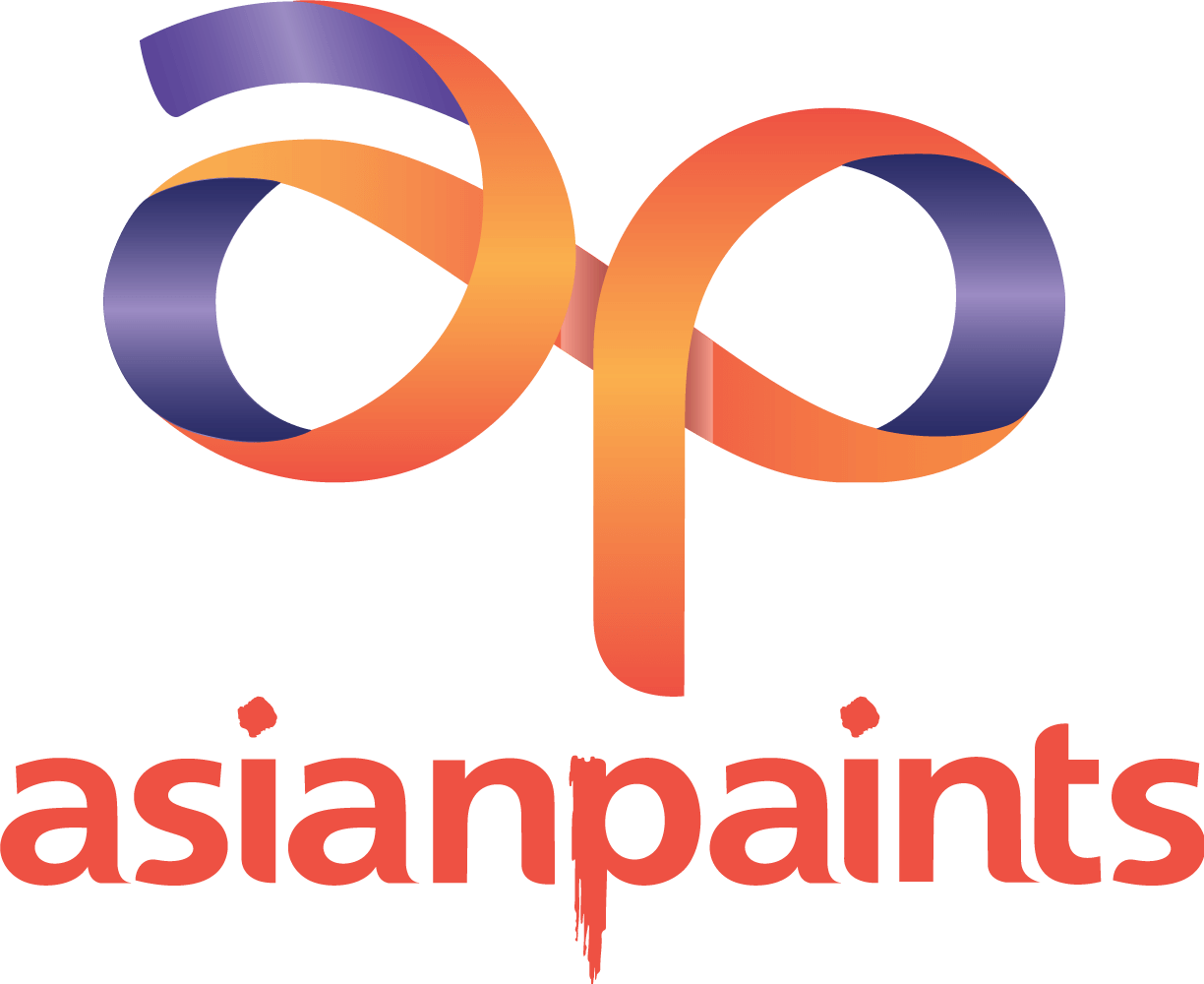Written by Ronsiya Roy, Legal Intern, and Verified by Sunil Jose, Managing Attorney, Suns Legal.
Wynk Music Ltd & Anr v. Tips Industries Ltd (2022), 2022 SCC OnLine Bom 11807
The Department for Promotion of Industry and Internal Trade (DPIIT) under the Ministry of Commerce & Industry has officially revoked its Office Memorandum No. 14-35/2015-CRB/LU (IPR-VII) dated 5 September 2016, which had extended the scope of Section 31D of the Copyright Act of 1957 to include internet transmissions following the decision in Wynk Music Ltd & Anr v. Tips Industries Ltd, (2022) case.
In 2019, a single-judge bench granted an injunction against Wynk, preventing them from using copyrighted audio files owned by Tips. Wynk appealed this decision. In 2022, the Bombay High Court reviewed the appeals and upheld the single judge’s findings, stating that Section 31D does not cover internet broadcasting organizations for statutory licenses.
Tips holds the copyright for over 25,000 sound recordings. Wynk operates a music streaming service that allows consumers to download music and listen to it offline, as well as stream songs to the public. On August 22, 2014, Phonographic Performance Limited (PPL), a copyright society, licensed Tips’s repertoire to Wynk for a fee of Rs. 1.31 crores. However, this license agreement ended in 2016.
The dispute arose because Wynk continued to use Tips’s copyrighted material after the agreement period had ended. As a result, Tips claimed a royalty of Rs. 2.83 crores. However, Wynk argued that they were broadcasters under Section 31D of the Act. This section, added through the 2012 amendment, states that “any broadcasting organisation desirous of communicating to the public by way of a broadcast or performance of a literary or musical work and sound recording which has already been published may do so by giving prior notice and paying the owner royalties fixed by the commercial court.
Wynk’s main contention was that Section 31D of the Act does not expressly prohibit internet-based services. The counsel for Wynk argued that Section 31 is an exception to various provisions, including Sections 14 and 17, which provide for exclusive rights over a particular work and the scope of the copyright owner. They contended that this exception is in the public interest and that a license could be invoked by giving mere notice. Furthermore, the counsel for Wynk argued that Section 31D includes the expressions ‘broadcasting’ and ‘communication to the public,’ and that the method of broadcasting is immaterial. Thus, the section extends to all forms of broadcasting, irrespective of the means used.
Tips contended that the scope of Section 31D is limited to traditional radio and television services only. The counsel for Tips argued that Section 31D must be interpreted in conjunction with Rules 29, 30, and 31, which mention only radio and television services. These rules outline the need for providing a notice of intent to broadcast work, maintaining records of broadcasted works, and the process of determining royalties. They also argued that when Section 31D was introduced in 2012, internet services were already in existence, and the section’s exclusion of them indicates the legislative intent to limit its scope to radio and television services.
The court held that Wynk provides internet-based services, allowing users to control the type of music they download, share, and replay. The court emphasized that the key difference between online radio-type services and services like Wynk is the user’s ability to choose what is played and heard. Wynk operates exclusively on the internet and does not resemble radio services. After considering Wynk’s arguments, the court found that Wynk is a profit-driven service and not a charitable organization. As a result, Wynk’s services are only available to subscribers and not the general public.
The court rejected Wynk’s argument of public interest and found their interpretation to pervert the actual statutory intent behind the section. Therefore, the court held that Wynk could not use any part of the Tips repertoire. It concluded that Wynk, as an internet broadcasting service, is not covered under Section 31D. Consequently, the appeals filed by Wynk were rejected.
Author’s comments
The Ministry of Commerce and Industry decided to revoke their order that extended the scope of Section 31D of the Act. This decision serves as a reminder to other online internet broadcasting organizations about the limits of this section. The judgment that influenced this decision upheld the single bench order and interpreted Section 31D without expanding its scope to include internet transmissions. When the legislature introduced this section through a 2012 amendment, terms like “internet” and “internet services” were already widely known. By excluding these terms, the legislature intended to limit the section to traditional broadcasting services like radio and television. This case highlights the significant role played by the judiciary in interpreting the law while upholding the true intent of the legislature.





